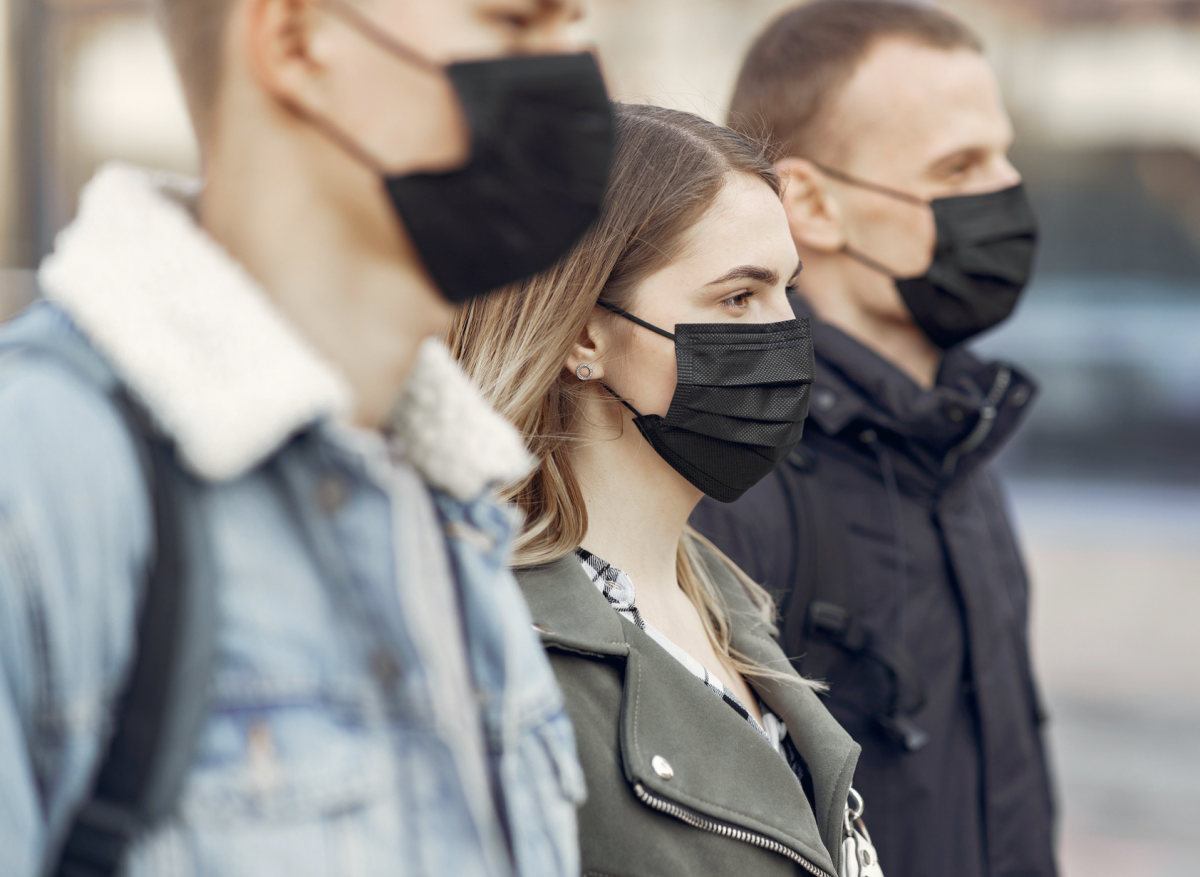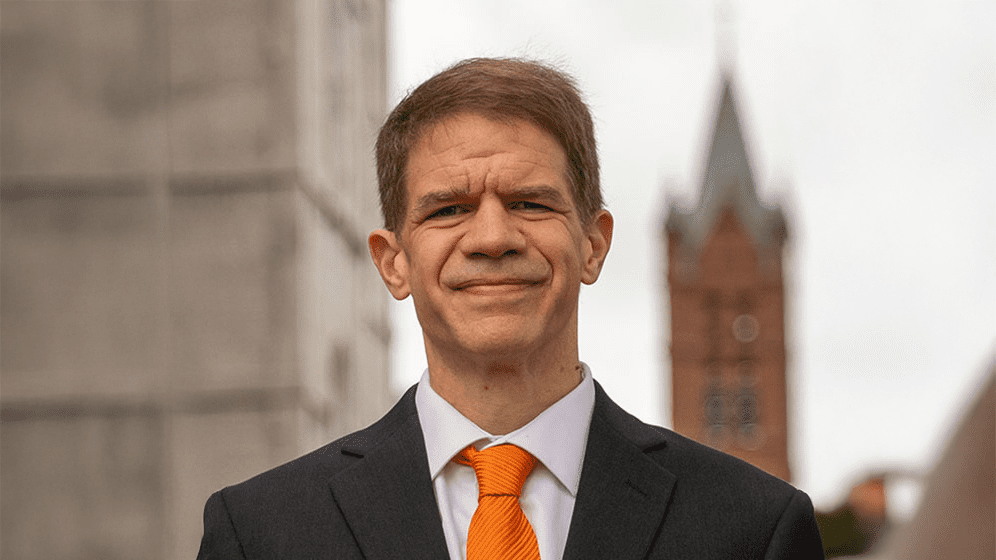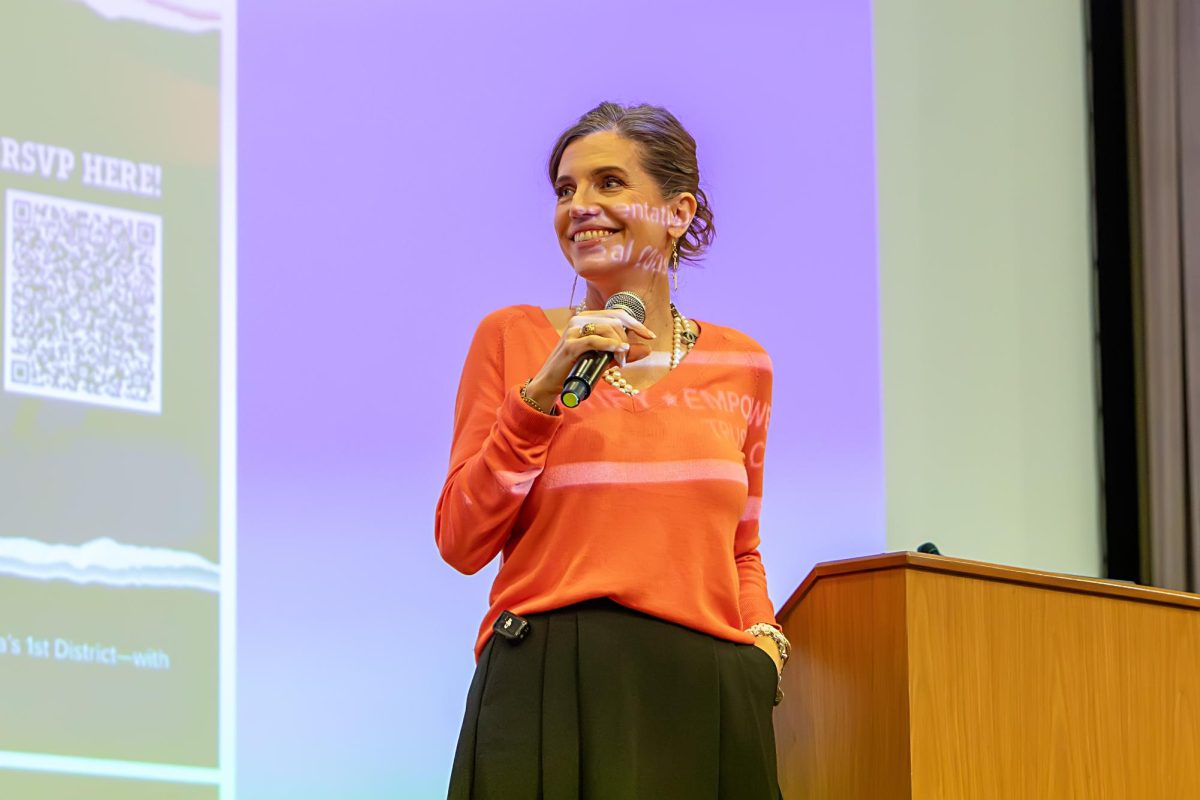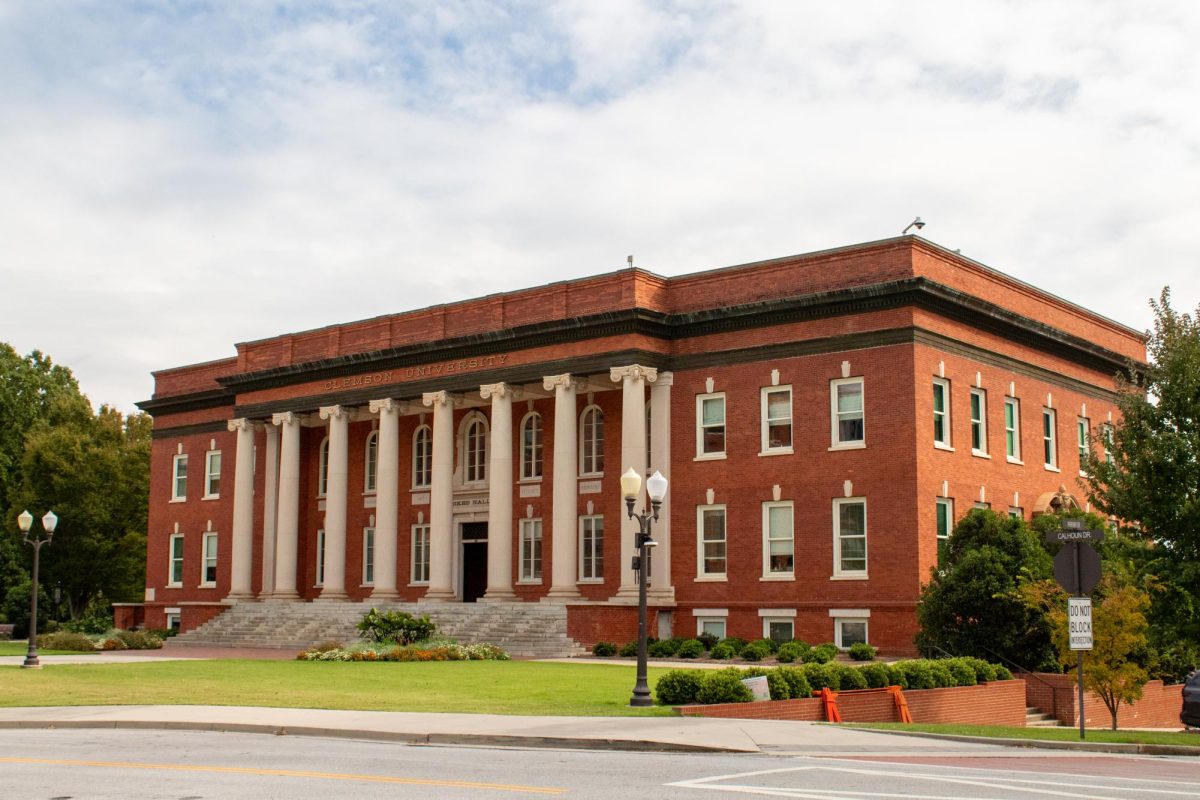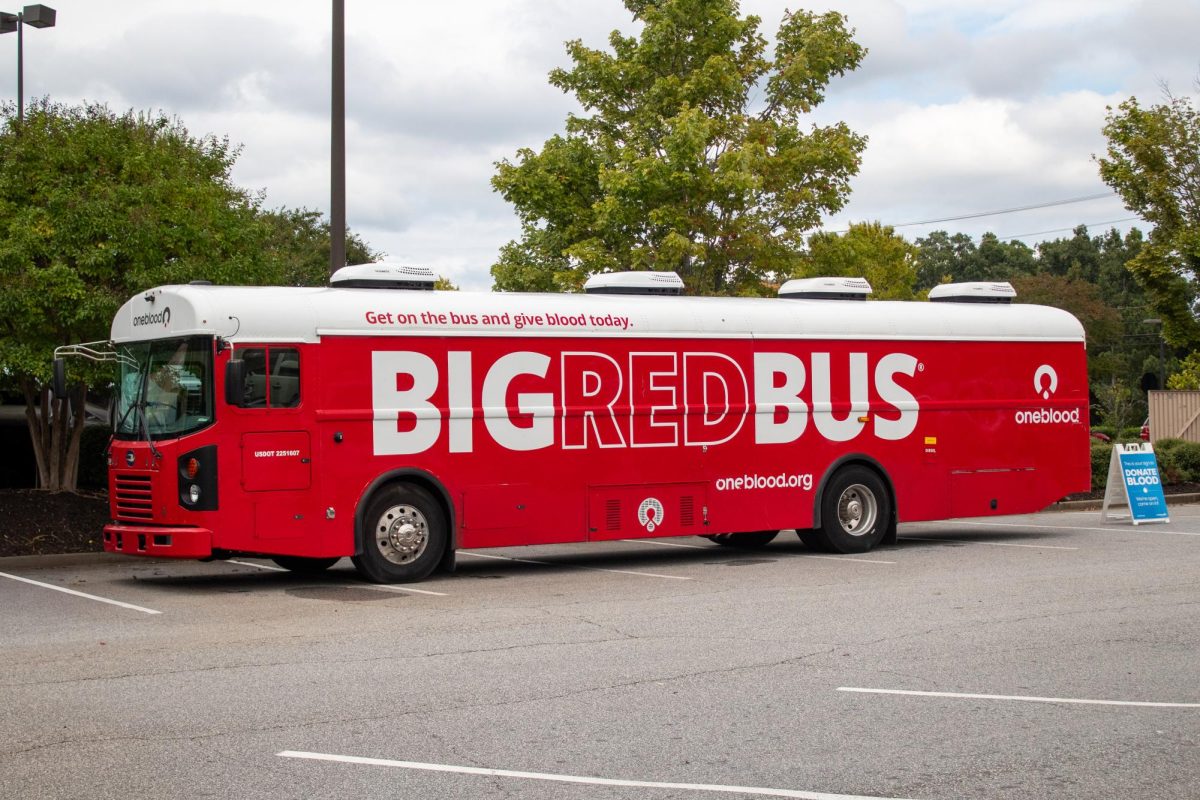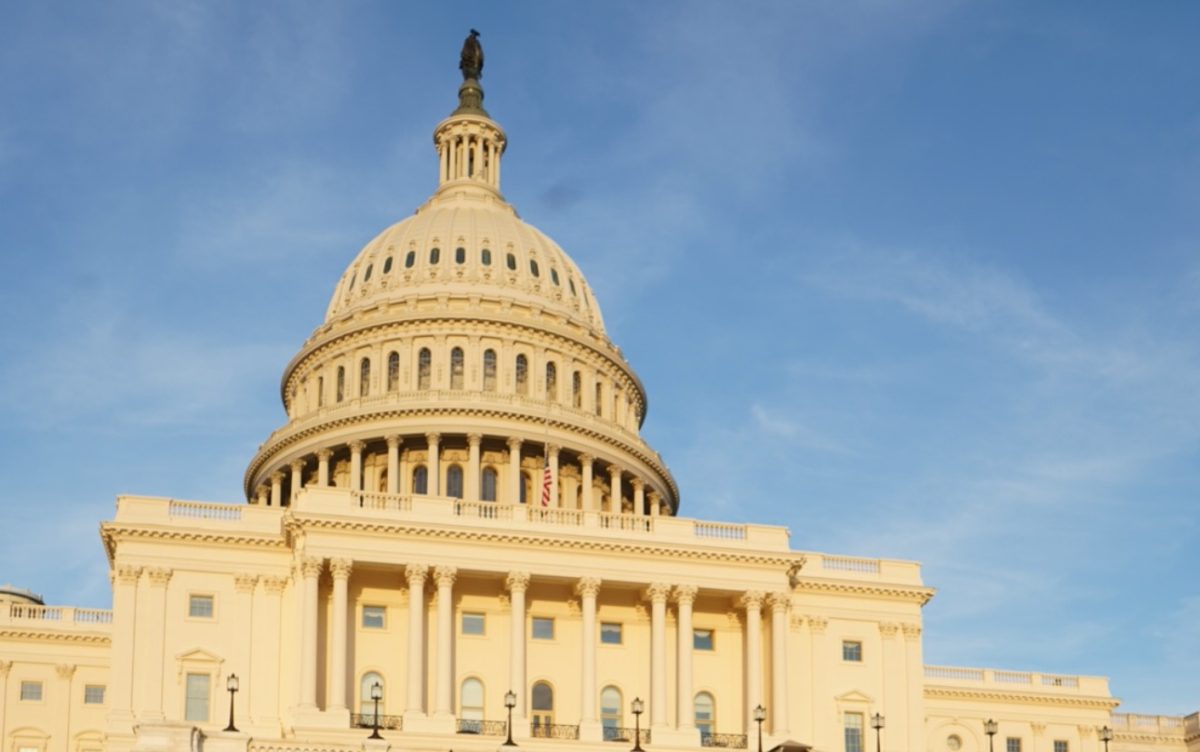If you’re like most members of the Clemson community right now, you probably have a lot of questions. Will we really return to in-person instruction in September? How will hybrid classes work? What about football?
Another important question many people are asking themselves is “how will masks be enforced?” This is a particularly prudent question for immunocompromised students, older faculty and staff and graduate teaching assistants tasked with handling the in-person portion of hybrid classes. These groups have the most to lose in a potentially dangerous situation involving students who refuse to wear a mask.
Kaitlyn Samons, president of the Clemson Graduate Student Government, asked this question during the Zoom town hall on July 29. She pointed out the precarious situation with calling the police given the rise of the Black Lives Matter movement and the outcry against police brutality.
Dean of Students and Interim Vice President of Student Affairs, Chris Miller, responded by emphasizing that mask-wearing depends on individual responsibility.
“There is no mask police,” Miller said. “Things will come by way of OCES the way they normally do, and then OCES will respond.” The Office of Community and Ethical Standards (OCES) is the department that handles complaints against Clemson University students accused of being in violation of the Student Code of Conduct. A section about face-coverings has been added to the Code of Conduct in the hopes of streamlining the disciplinary process related to mask infractions.
Police Chief Greg Mullen of the Clemson University Police Department also addressed Samons’ concerns, saying “It was rumored that the police department was going to be the mask police, and I very quickly put an end to that rumor…The only time I would want the police to be called is if there is an immediate emergency.”
Mullen continued, “We’ve worked really hard to create a relationship with students and I don’t want to destroy that over this situation.”
In an interview on Aug. 24, Miller clarified that the university would consider imposing fines on students in the event of a significant disruption to the academic environment. These students could find themselves charged with a level one violation of the Student Code of Conduct, which could entail probation, suspension, or expulsion from the university.
He drew parallels between the current situation and the university’s decision to become a tobacco-free campus in 2016, saying that noncompliance was not a significant issue then and he does not anticipate it to become a significant issue in September.
What do you think professors and graduate teaching assistants do in the event that a student refuses to wear a mask? The administration is still developing a set of guidelines, but it is clear that calling CUPD would be the last resort.
Several administrators are calling for a clear set of steps to take in such a situation, which would likely include confronting the student and asking them to wear a mask, delaying the start of class, moving the class online for the day, cancelling class for the day and reporting the incident to OCES if necessary.
Similar concerns have been voiced by professors across the country, including at Pennsylvania State University, where nearly 900 faculty members signed a petition demanding the right to deny entry to their classrooms to students who refuse to wear face coverings.
Clemson University officials are no doubt on edge given the recent events at the University of North Carolina at Chapel Hill, where the administration decided to shift to online learning after just one week of in-person classes. UNC at Chapel Hill promoted a set of guidelines on face coverings not unlike Clemson’s own guidelines.
Now, in the wake of such a swift change to online learning, North Carolina Public Safety Secretary Erik Hooks is working to ensure that other universities prioritize enforcement of mask mandates and limits on social gatherings. “It does not necessarily mean arresting people en masse, but it could be issuing citations,” Hooks told WECT News 6 in Wilmington, N.C.
Miller stressed Clemson University’s commitment to getting students back on campus in as safe a manner as possible. “It is not our intent to be punitive, but it is our intent to have compliance…especially as it relates to the health, safety and welfare of this collective campus,” he said.
Exactly how the Clemson University administration chooses to handle mask enforcement remains to be revealed, but one thing is clear: refusing to wear a mask on campus puts everyone at risk. You can do your part by wearing a mask and encouraging your peers to do the same, so we can all get back to the Clemson experience we know and love.



